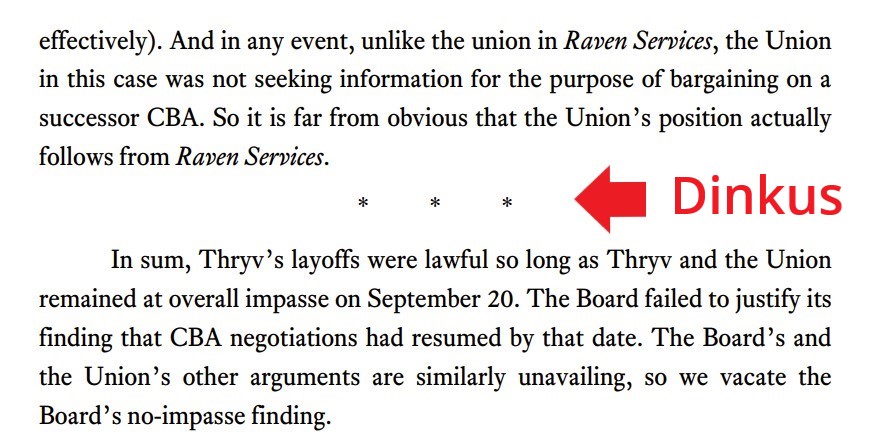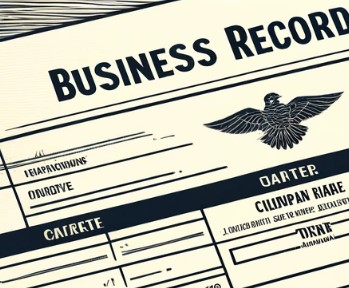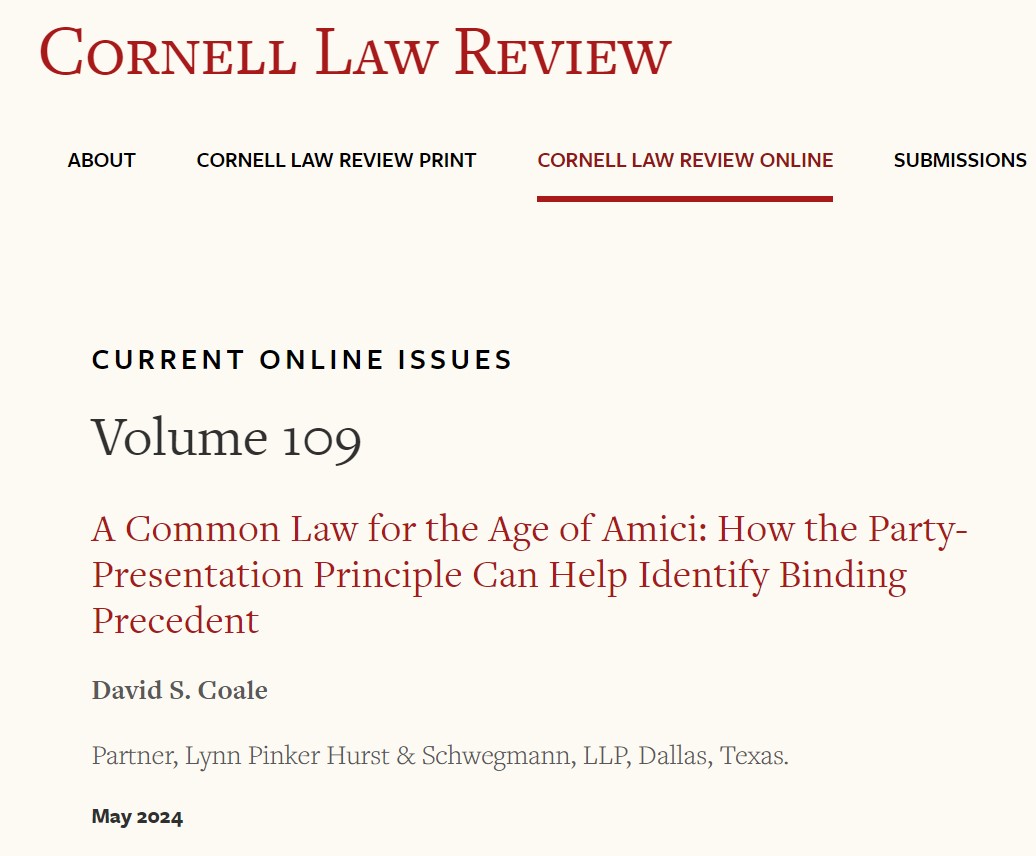After much Sturm und Drang, the District of the District of Columbia returned Clarke v. CFTC to the Texas district court where that case started, reasoning:
[T]he Court will follow the weight of authority and transfer this case back to the requesting jurisdiction because the record establishes that it was transferred prematurely. The Court makes no decision on the Parties’ respective arguments on whether transfer would otherwise be appropriate. It certainly would be easy for the Court to keep this case—the Court currently has a case involving the same challenge against Defendant that is fully briefed and scheduled for argument soon. Nor does the Court quite understand how the District Court in Texas abused its discretion in making its determination. But the weight of authority instructs the Court on how such requests are routinely addressed, and the Court will follow that course of action here.
Clarke v. CFTC (citation omitted) (D.D.C. May 22, 2024).









